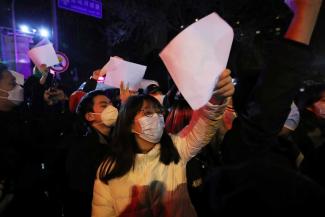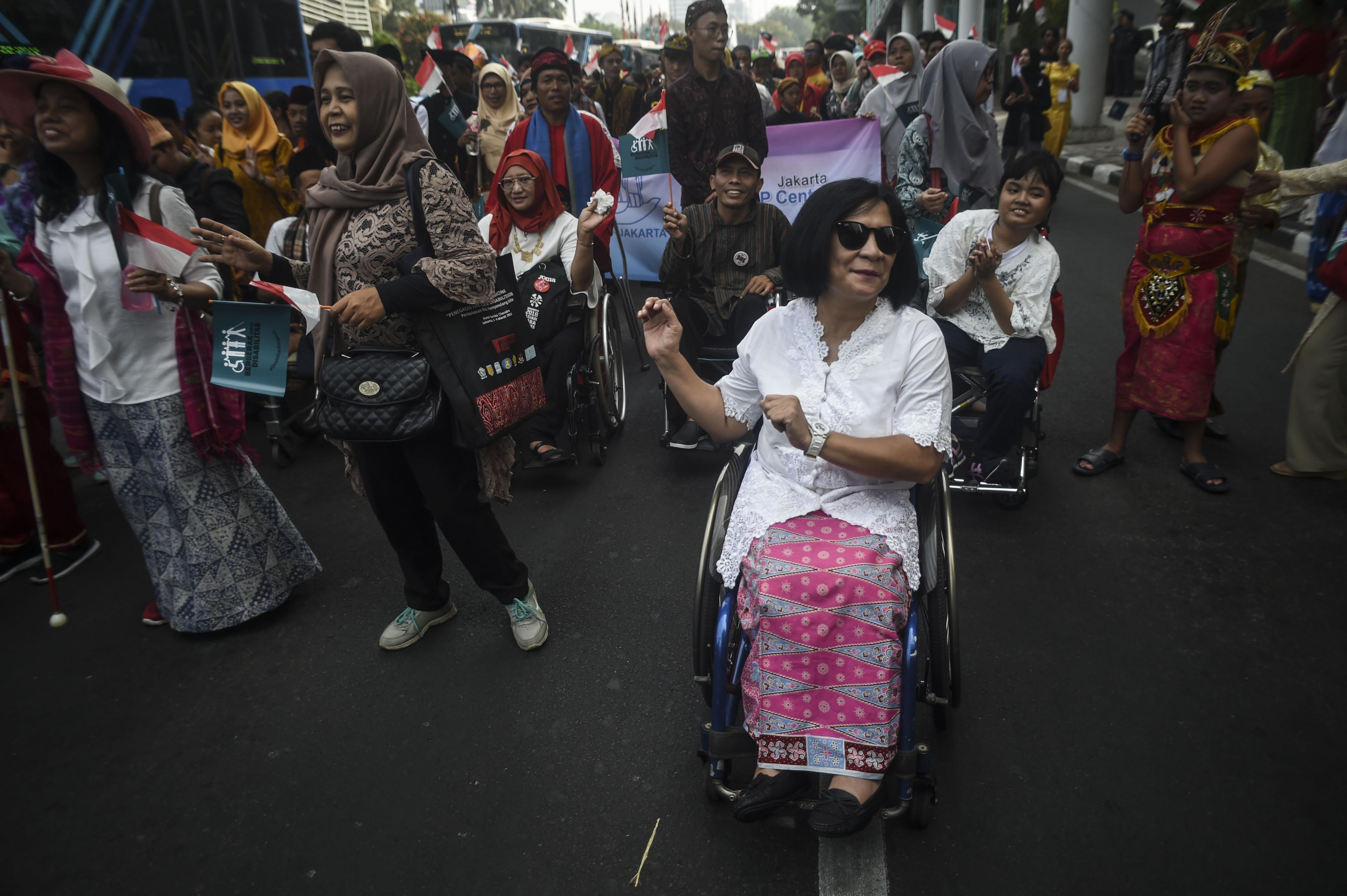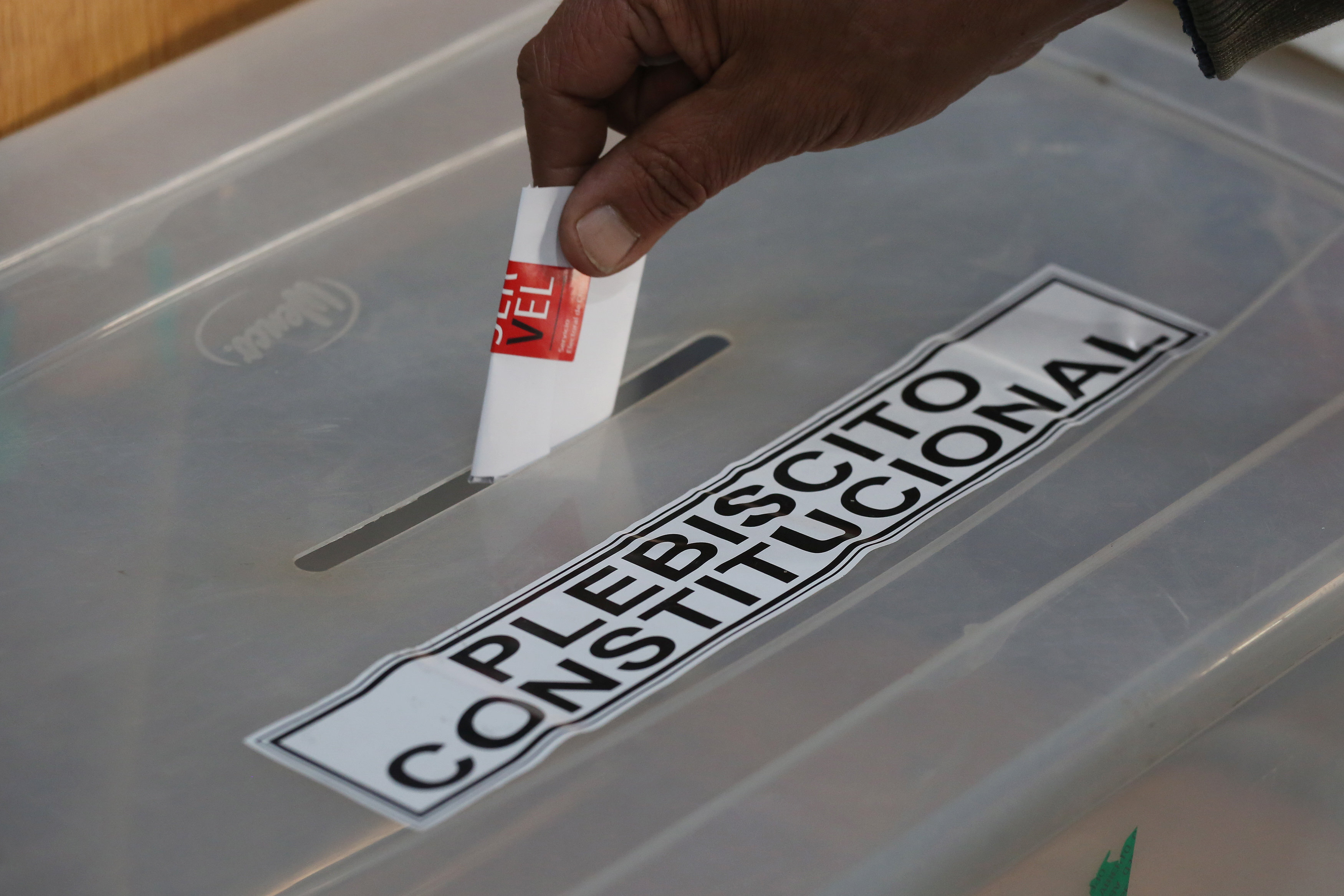Pandemic
How Beijing managed to calm protests fast

In response to broad-based opposition to its zero-Covid policy, China’s government has loosened lockdown rules. This step was not unusual, but actually quite typical. Many people in the west are not aware of the Communist Party often making serious concessions fast in order to calm down protests or strikes. There have been many examples in the past, regarding environmental grievances for example.
This approach is in line with traditional Confucian ethics, according to which the ruler is supposed to facilitate a harmonious and prosperous society, without however, being democratically accountable. Even though China has no universal free elections, and powers between the party and the government are not as clearly separated as in the west, political accountability matters in modern China. The government is also quite serious about the implementation of the UN Sustainable Development Goals.
Not only students and intellectuals expressed their discontent in recent weeks, plain workers did so too. The government understands that its zero-Covid policy had considerable downsides, including in regard to the economy. After its U-turn, protests generally stopped by mid-December. The big risk was that a harsh wave of infections might occur. Especially old people have not been vaccinated sufficiently, so the health sector is facing huge challenges.
It was astonishing how fast the policy changed. Only a few weeks earlier, Xi Jinping’s term had been extended. Many people, however, were not only aware of recent demonstrations, they also paid attention to how other countries and regions dealt with coronavirus in past months and years. In comparison, China’s approach now looks less successful than it did a few months ago. Many other nations obviously responded more competently to the omicron variant, with low hospitalisation rates suggesting that infection waves were less dramatic.
As China’s population is huge, comparing absolute numbers with other countries does not make much sense. The death toll moreover, was high in other large nations as well, including in India and the USA, where it was actually worse in per capita terms than in China.
Lesson learned
However, Xi Jinping’s entourage has now seen that the reformers who would like to liberalise the economy further have more support than assumed so far – and not only among the business community, but the people in general. Nationalist propaganda did not have much traction in view of very stringent lockdown rules. TV coverage of the football World Cup in Qatar played a role too, showing masses of happy and unmasked fans.
The death of Jiang Zemin in December made people reconsider things too. As China’s top leader, he had implemented far-reaching reforms. He also stood for a more open culture and exchange with the west.
In spite the coronavirus U-turn, Xi Jinping still stands for authoritarian leadership, but widely appreciated governance and concern for the plight of ordinary citizens. The fast response to the protests has reinforced his image in the eyes of many Chinese, even though western observers find that hard to understand. Absent a major health disaster, Xi Jinping in mid-December looked likely to emerge stronger from the recent crisis. The current infection wave is aparently severe, however, and probably more severe than the Chinese leadership expected.
Nobody in China is interested in political escalation. The leadership will do what it can to keep things calm. That may even have a positive impact on relations with Taiwan. At this point, China is not interested in increasing tensions with the west. A military attack on Taiwan would have serious economic consequences. The legitimacy of the Communist Party hinges on its promise of broad-based prosperity and reduced inequality. Given the progress made in the past 40 years, that promise is credible in the eyes of most Chinese people.
Berthold M. Kuhn is a political scientist and adjunct professor at Freie Universität Berlin. As a consultant, he advises international organisations and think tanks.
berthold.kuhn@fu-berlin.de











